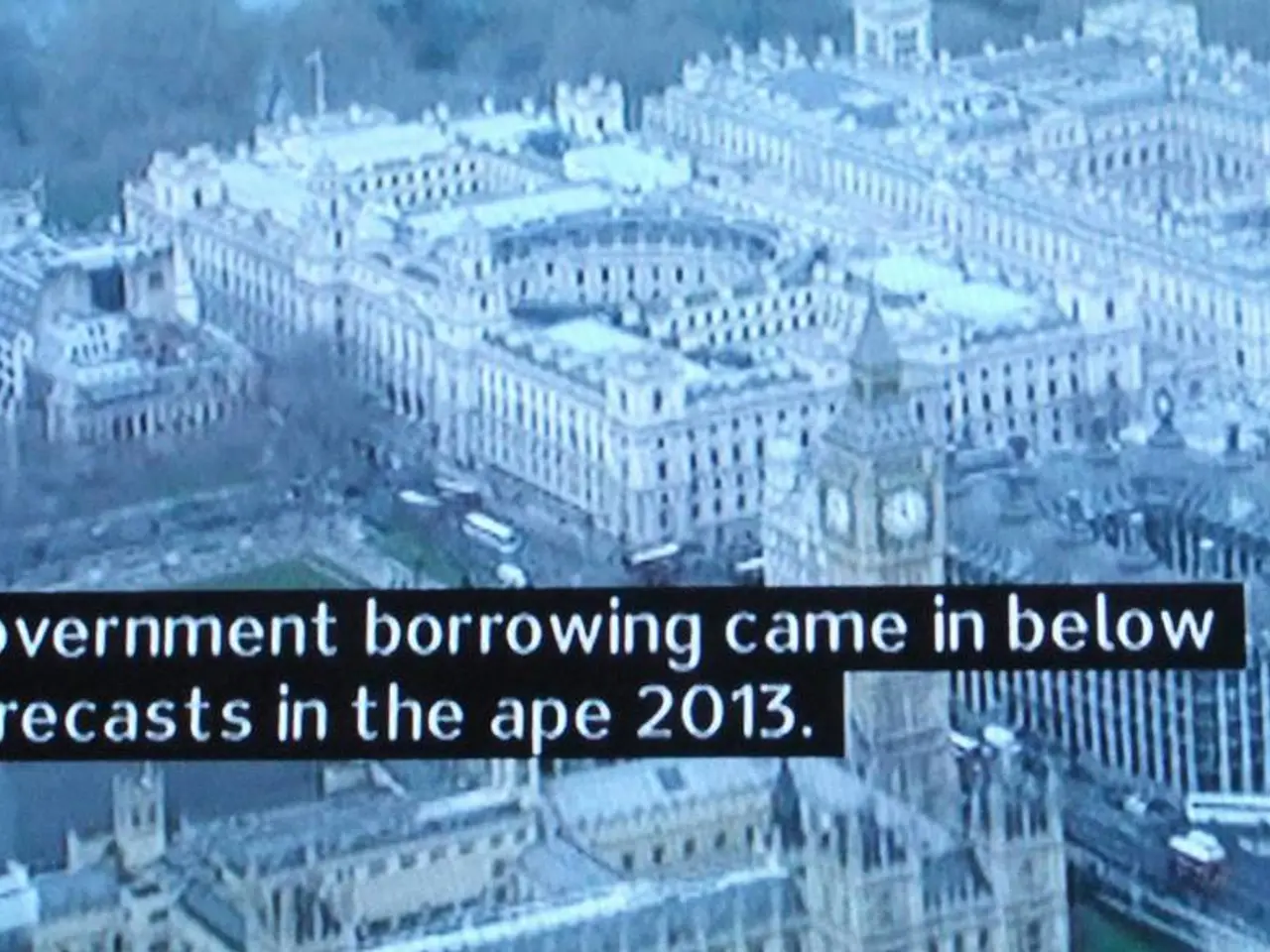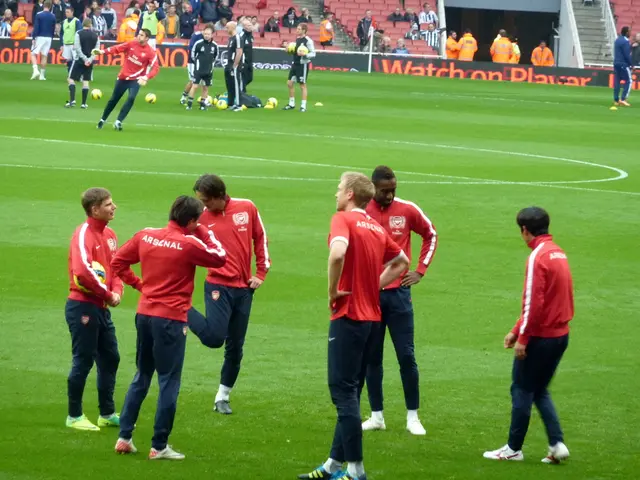Right-wing minister Smotrich advocates for E1 settlement development in Israel
In a move that has sparked international concern, Israel's Finance Minister Bezalel Smotrich has announced plans to approve the "E1" project, which aims to expand settlements seized from Palestinians in occupied East Jerusalem.
The E1 area, historically part of East Jerusalem, is located near the West Bank neighbourhood of Azariyeh. If completed, the project would fragment Palestinian areas in the West Bank and isolate Jerusalem from Palestinian territories.
The Israeli Civil Administration High Planning Council is scheduled to meet on August 20 to give final approval for the construction of 3,401 units under the E1 project. This project, if realized, would involve the seizure of over 12,000 dunams (approximately 12 million square meters) of Palestinian land for more than 4,000 housing units and hotels.
The implications for the two-state solution are widely regarded as highly detrimental. The E1 project aims to isolate East Jerusalem from the rest of the West Bank by physically cutting off the northern West Bank cities (like Ramallah and Nablus) from southern cities (like Bethlehem and Hebron). This separation threatens the territorial contiguity essential for a viable Palestinian state.
The United Nations Secretary-General has condemned the approval, stating that the settlement expansion violates international law and is an existential threat to the two-state solution, severing the West Bank and undermining peace efforts.
Israeli officials argue that the project is necessary for national security and to maintain defensible borders around Jerusalem. However, Palestinians and many international observers contend it effectively “erases” the possibility of a contiguous Palestinian state, particularly by isolating East Jerusalem, which Palestinians envision as their future capital.
The E1 project has also drawn criticism from Israeli civil society organizations, such as Peace Now, which opposes the project, stating it poses a deadly threat to Israel's future and the realization of a peaceful two-state solution. The project is expected to displace over 5,000 Palestinians.
The international community, including the European Union, has consistently opposed the E1 plan. The ICJ, the U.N.'s highest judicial body, issued an advisory opinion in July 2024 stating that Israel must halt all new settlement activity and remove settlers from seized Palestinian land. However, Israel has rejected this ruling.
In summary, the E1 project has moved forward with Israeli government backing, intensifying a major obstacle to the two-state solution by disrupting West Bank territorial contiguity and isolating East Jerusalem from the rest of the Palestinian territories. This decision has been met with widespread condemnation from the international community, raising concerns about the future of a peaceful resolution to the Israeli-Palestinian conflict.
- The Russian government, in a statement, has expressed its concern over Israel's approval of the E1 project, fearing its negative impact on the Middle East's political landscape and peace efforts.
- The Turkish government, through its foreign ministry spokesperson, has also weighed in on the issue, urging Israel to reconsider its decision on the E1 project, arguing that it risks exacerbating war-and-conflicts in the region.
- The general news outlets in Turkiye have been reporting extensively on the E1 project, highlighting its potential implications on policy-and-legislation and the future of the Palestinian-Israeli conflict.
- Amidst growing international criticism, crime-and-justice organizations have started investigating potential human rights violations associated with the displacement of Palestinians due to the E1 project.
- European Union officials have threatened to impose sanctions on Israeli officials if the E1 project proceeds, citing a breach of international law and the principles of the European Union.
- Ankara, the capital of Turkiye, has organized a peaceful demonstration against the E1 project, calling on the international community to intervene and prevent the project from further disrupting the general news surrounding the Israeli-Palestinian conflict.







